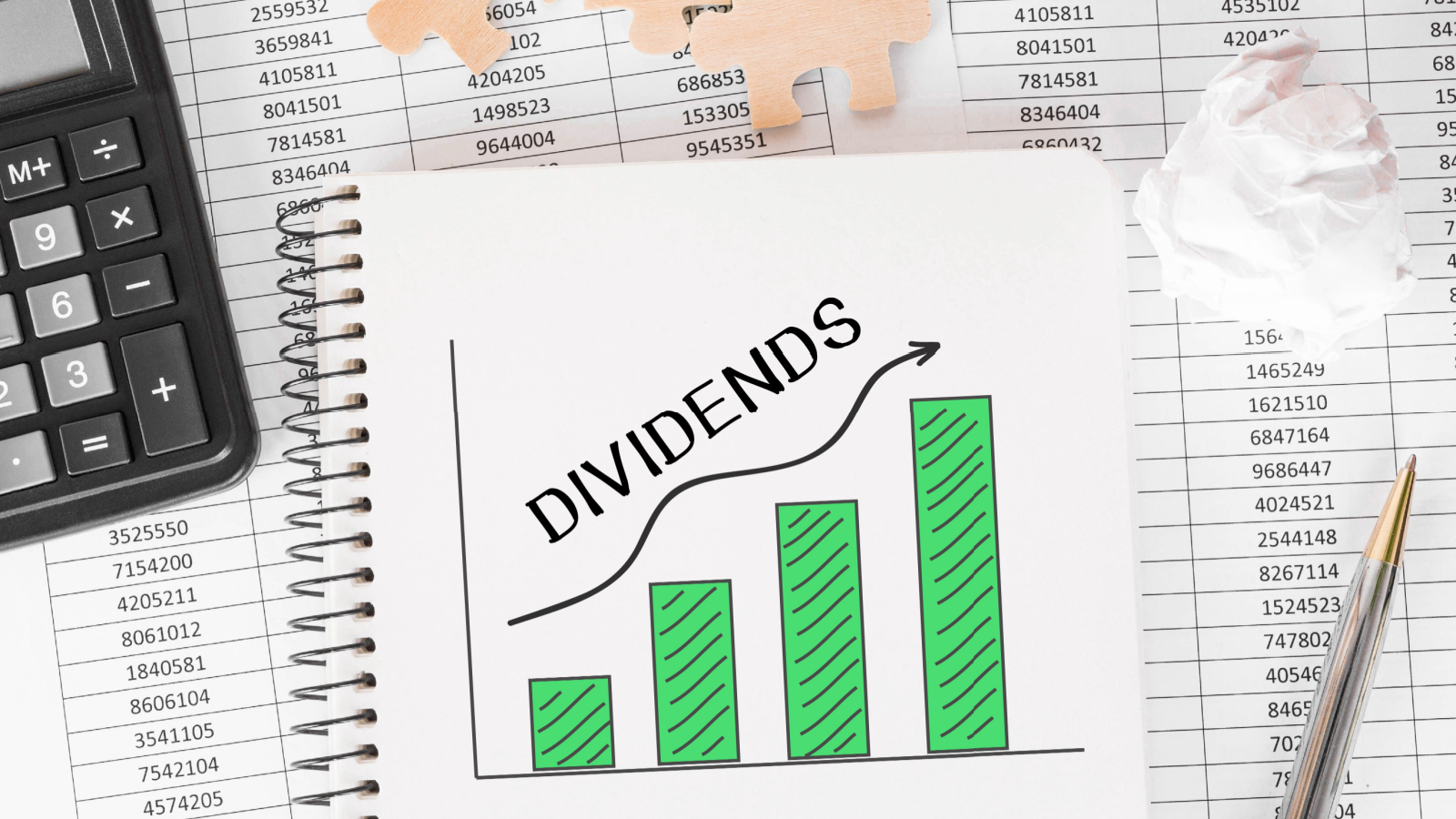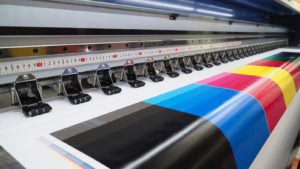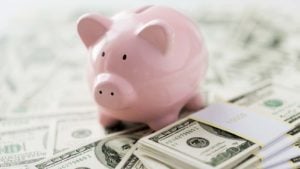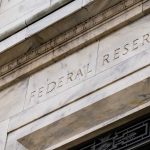
Many investors are pivoting to dividend stocks for safety after the recent stock market plunge. Although the stock market has recovered quite a bit since then, this could be a temporary bounce before things get worse. There are multiple macroeconomic variables that show that things may not be so rosy after all. The GDP growth slowed down to 1.6%, significantly lower than the expected growth rate of 2.2%. On the other hand, inflation came in slightly hotter than expected and many are no longer sure about how rate cuts are going to unfold going forward. This sort of uncertainty is what drives the market down.
Of course, I’m not saying that a soft landing is not possible or that you should dump all your growth plays. I think moving away some gains from red-hot tech and AI stocks to more defensive positions makes sense. Here are the seven dividend stocks you should consider moving into:
CHS Inc Preferred Shares (CHSCP)

CHS Inc (NASDAQ:CHSCP) is a Fortune 500 secondary cooperative owned by United States agricultural cooperatives. Simply put, it is a farming company. CHSCP are preferred shares, and such preferred shares are some of the most stable in the market. This preferred share has a dividend yield of 6.62%. Of course, as with most shares, you are still going to see a fair level of volatility going forward. However, this is quite muted here. The stock has been essentially flat over the past five years. It has gone down around 10-15% even during the COVID shock and has bounced back swiftly.
If you want to ride out the storm, it is a good idea to buy CHSCP and sit on the dividends. The core business here is rock solid. It has a fair amount of debt compared to cash, but the business has been solidly profitable for many years, even through the great recession. You are unlikely to face a big shock here. Demand for agriculture products is one of the stickiest in the economy, so I remain bullish on CHSCP. It is one of the most stable dividend stocks you can buy.
Ennis (EBF)

Ennis (NYSE:EBF) makes business forms and printed business products. This is an ordinary stock, but the safety here is also very good. The Altman-Z score of 8.31 puts it firmly in the safe category. Thus, any sort of recession would not knock this company off its track.
Gurufocus puts the fair value of this company around $20 and expects this fair value to remain unchanged. The dividend yield here is just above 5% at 5.02% as of writing, which is better than 90% of the company’s industry peers. Many people would argue that business forms and printing is a declining business due to things becoming more digitalized, and you’d be right. However, I see little changes going forward. Things that could be digitalized have already been digitalized. The negative sales growth metric does not concern me as long as this company keeps churning out cash and pays dividends – this is a safety play, not a growth play.
Moreover, Ennis was recently mentioned by Bank of America as a potential small-cap target.
Philip Morris (PM)

If you thought Ennis was old and boring, Philip Morris (NYSE:PM) is twice as boring. This is a company that makes cigarettes, tobacco products, and other nicotine products. Yes, people still smoke a lot these days, but the company’s growth days are well in the past. Nicotine products are now a taboo that people avoid. Cigarette smoking has become heavily stigmatized due to the well-established links between cigarettes and serious health issues like lung cancer, heart disease, and other smoking-related illnesses. E-cigarettes aren’t excluded from this either. In fact, I wouldn’t be wrong to say that smoking cannabis is much more acceptable than smoking cigarettes nowadays.
This has a big impact on how big institutions view this company. You’re unlikely to see big credit upgrades here. Still, the financial footing is solid here. The company has a huge amount of debt at $50.4 billion but the stock remains one of the most stable as investors know interest rates will inevitably come down in the coming years. PM currently has a dividend yield of 5.4%. Even with that huge debt load, Philip Morris had a 24% net margin and posted profits of $2.15 billion in Q1. Definitely a top-tier pick among dividend stocks!
Atlas Corp Preferred Shares Series D (ATCO)

Atlas Corp (NYSE:ATCO) is an asset management company. It has two subsidiaries, Seaspan and APR, which operate in the global maritime and energy spaces. ATCO-D are preferred shares. As I have said before, preferred shares are some of the most stable in the market, this also makes them one of the safest dividend stocks. The stock’s liquidation preference (a clause in a contract that dictates the payout order in case of a corporate liquidation) sits at $25, and ATCO-D has been trading around that valuation.
However, I do not see such a worst-case scenario happening to Atlas Corp, as it is a profitable company with good future potential. But even if it does, preferred shares are given priority. The dividend yield here is 8.21%.
There’s not much else to say about this stock except that I expect it to continue trading near $25. It should see a quick recovery if a recession were to strike.
Universal Corp (UVV)

Back to regular shares, Universal Corporation (NYSE:UVV) is one of the world’s leading tobacco merchants. This company faces similar headwinds to Philips Morris, but remains quite stable and consistent, at least in the long run. Revenue grew 3.3% in Q4 2023 to $821.5 million, and I expect low single-digit growth to continue going forward.
A big plus about this stock is that it actually has sizable upside potential. Gurufocus believes the stock is modestly undervalued and a fair price for the stock should be $66.3. Moreover, Universal Corporation recently announced a dividend of $0.80 per share, payable on May 6, 2024, though the ex-dividend date set for April 5, 2024. The current dividend yield is 6.26% and the average target price for the stock is $59.
Pangea Logistics (PANL)

Pangea (NASDAQ:PANL) is involved in maritime logistics and transportation solutions. As I have said in some of my previous articles, the shipping industry has tremendous potential in the years ahead due to the amount of geopolitical tension we are seeing. The stock is up 107% in the past five years and the stock’s growth trend has been exponential. It has been continuously fueled by conflicts around the world that are causing shipping and cargo rates to rise.
It delivered mixed results but held up quite well. The stock certainly trades at a premium compared to other shipping companies, but that’s partly because it has a good history of delivering profits. It is also attributable to the fact that 12 of its 18 ships are ice class. The dividend yield here is 5.6%.
Other shipping companies pay a lot more in dividends, but the payout ratio matters greatly. You can easily get double-digit dividends from companies that have a dividend payout ratio (the total amount of dividends that a company pays to shareholders relative to its net income) above 100%. These dividends are unlikely to last in the long run. On the other hand, PANL’s payout ratio is 58%.
Dominion Energy (D)

Dominion Energy (NYSE:D) supplies electricity in parts of Virginia, North Carolina, and South Carolina and supplies natural gas to parts of Utah, Idaho Wyoming, West Virginia, Ohio, Pennsylvania, North Carolina, South Carolina, and Georgia. This is quite the outlier in this list. Dominion Energy has declined considerably in the past few months. The stock has tumbled from $86 to $42 but has managed to recover to almost $51 as of writing.
This stock definitely does not have the “ultra-safe” history, but I believe it one of the ultra-safe dividend stocks right now, as there is little room for this utility company to decline from here and it has huge upside potential. This decline is mostly due to the company’s shift from fossil fuels to renewable energy sources, such as its offshore wind projects. It has been costly and impacted earnings. Dominion’s Commercial Virginia Offshore Wind Project (CVOW) has been particularly risky, with similar projects facing challenges and opposition in other states.
Plus, this company sits on a huge $45.1 billion debt load that it has to pay very high interest on right now. However, once rates come down, I expect the stock to recover even more swiftly.
On the date of publication, Omor Ibne Ehsan did not hold (either directly or indirectly) any positions in the securities mentioned in this article. The opinions expressed in this article are those of the writer, subject to the InvestorPlace.com Publishing Guidelines.





